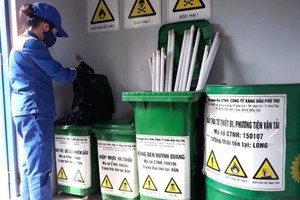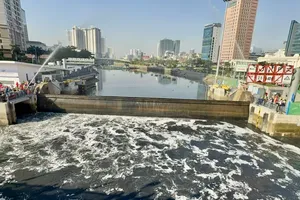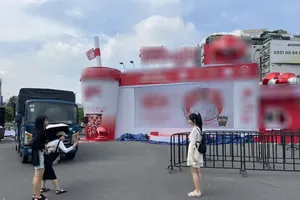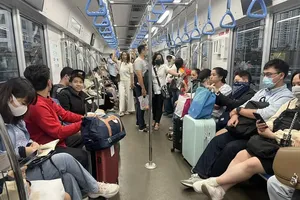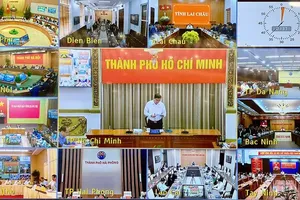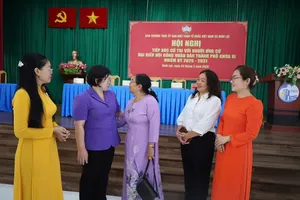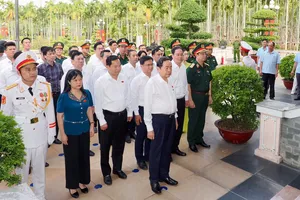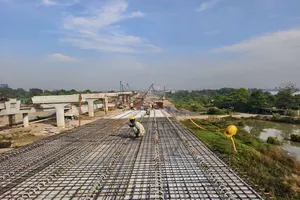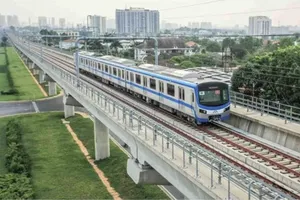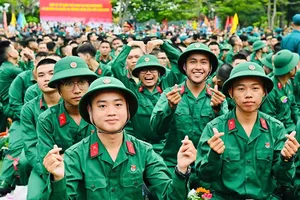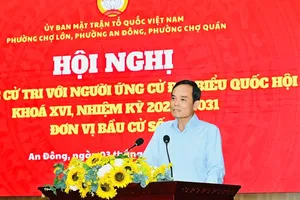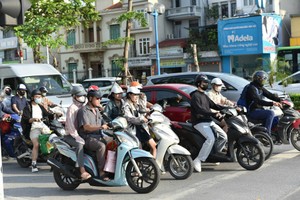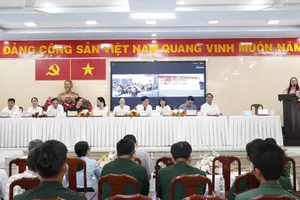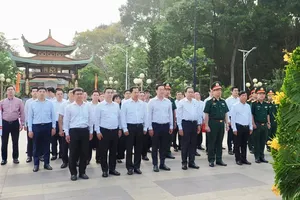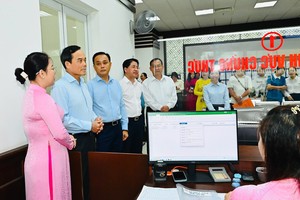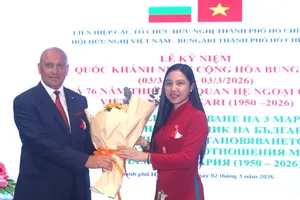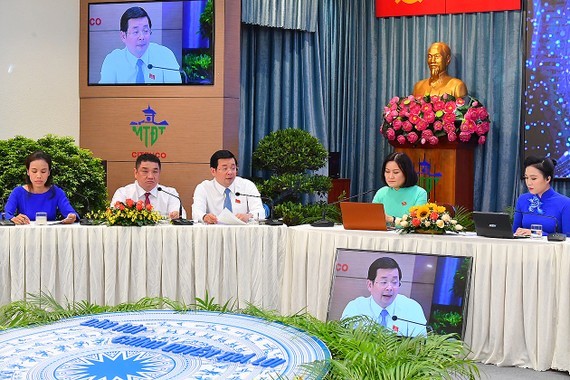
Deputy Director of Global Green and Clean Environment Technology Co. Ltd. Nguyen Thanh Trung shared that even after transforming into a business or cooperative, individual private garbage collection teams still maintain their usual separated operations in inconsistent time, and with different service fees.
More importantly, waste collection is a labor-intensive job with a shift of 8-12 hours per day, yet the salary is not satisfactory, at VND7-8 million (US$300-340) a month. That explains why there is a reduction in human resources in his company from 60 employees before the pandemic to only 45 now. This asks for a proper support policy for workers to feel at ease performing their duties.
Director of the HCMC Department of Natural Resources and Environment Nguyen Toan Thang informed that the city has financially support 68 projects, with a value of over VND80 billion ($3.4 million), to gather individual private garbage collection teams into official businesses. Since 2017, 2,700 such teams have been brought together to establish 250 legal entities, with more than 20,000 workers.
Director Thang suggested that it is necessary now to support these companies to hire more people and train them properly.
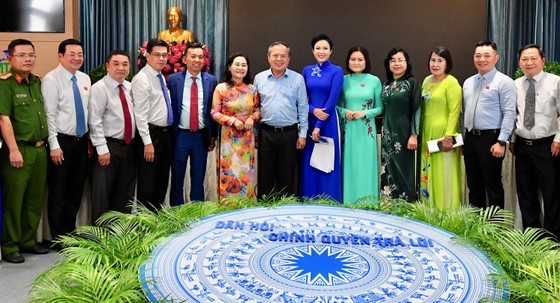
As to upgrading waste treatment technologies, Vietstar Co. reported that legal procedures to build a waste incineration plant to harness power is too complicated. Vietnam Waste Solutions Co. Ltd. proposed that HCMC should welcome capitals from professional investors, who will then select appropriate waste handling technologies and be legally responsible for their choices.
Director Thang then emphasized that HCMC aims that by 2025, at least 80 percent of household solid waste will be incinerated and recycling into power. At present, the city has received 6 project proposals with a total handling capacity of about 10,500 tonnes. The city is planning to buy the service and corresponding technologies from investors.
